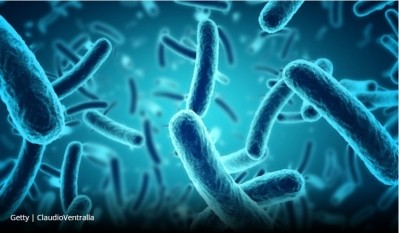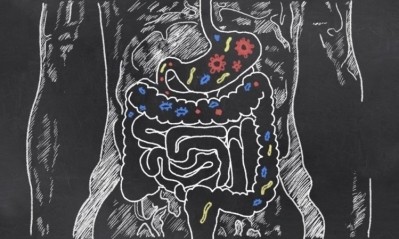MYNEWGUT PROJECT FINAL CONFERENCE, BRUSSELS
WATCH: ‘Strain choice, dose & role are the main probiotic R&D issues'
This content item was originally published on www.nutraingredients.com, a William Reed online publication.
According to University College Cork’s professor of psychiatry Ted Dinan, development of a polybiotic is made all the more difficult by the uncertainty of their specific roles and subsequent chances of survival.
“The challenge initially is to make sure that these strains are not antagonising each other,” he explains. “They need to be co-operative if possible but certainly that they can survive together.”
“You don’t want to have a polybiotic with five strains of bacteria, of which three are knocking each other out. So by the time the polybiotic reaches the intestine there are only two strains left.”
Psychobiotic research and development
Professor Dinan, previously chair of clinical neurosciences at St. Bartholomew’s Hospital, London, has a research interest in psychobiotics. He also highlights dose considerations that despite the breadth of microbiome studies remains a matter of debate.
“We don’t know what the appropriate dosage of these psychobiotics should be,” he said. “We tend to use 108 - 109 Colony Forming Units (CFU) but there aren’t any adequate dosing studies.”
Dinan was speaking at the MyNewGut Conference in Brussels, where a host of delegates, both from industry and academia gathered to hear the results of the five-year EU funded project and the gut microbiome’s links to obesity, behavioural and lifestyle-related disorders.
A potential application of the microbiome that has stimulated interest from food makers and nutritional researchers is being able to translate causative research into evidence-based nutritional interventions that impact human health positively.
“Where we need to move forward is the need to move form associations to demonstrating causality focusing on the mechanistics said Douwina Bosscher, global R&D and nutrition sciences leader at Cargill.
“We can then understand what the effect is of a particular ingredient on the composition of the microbiome and we can then determine how this impacts the health of the human being.”

















